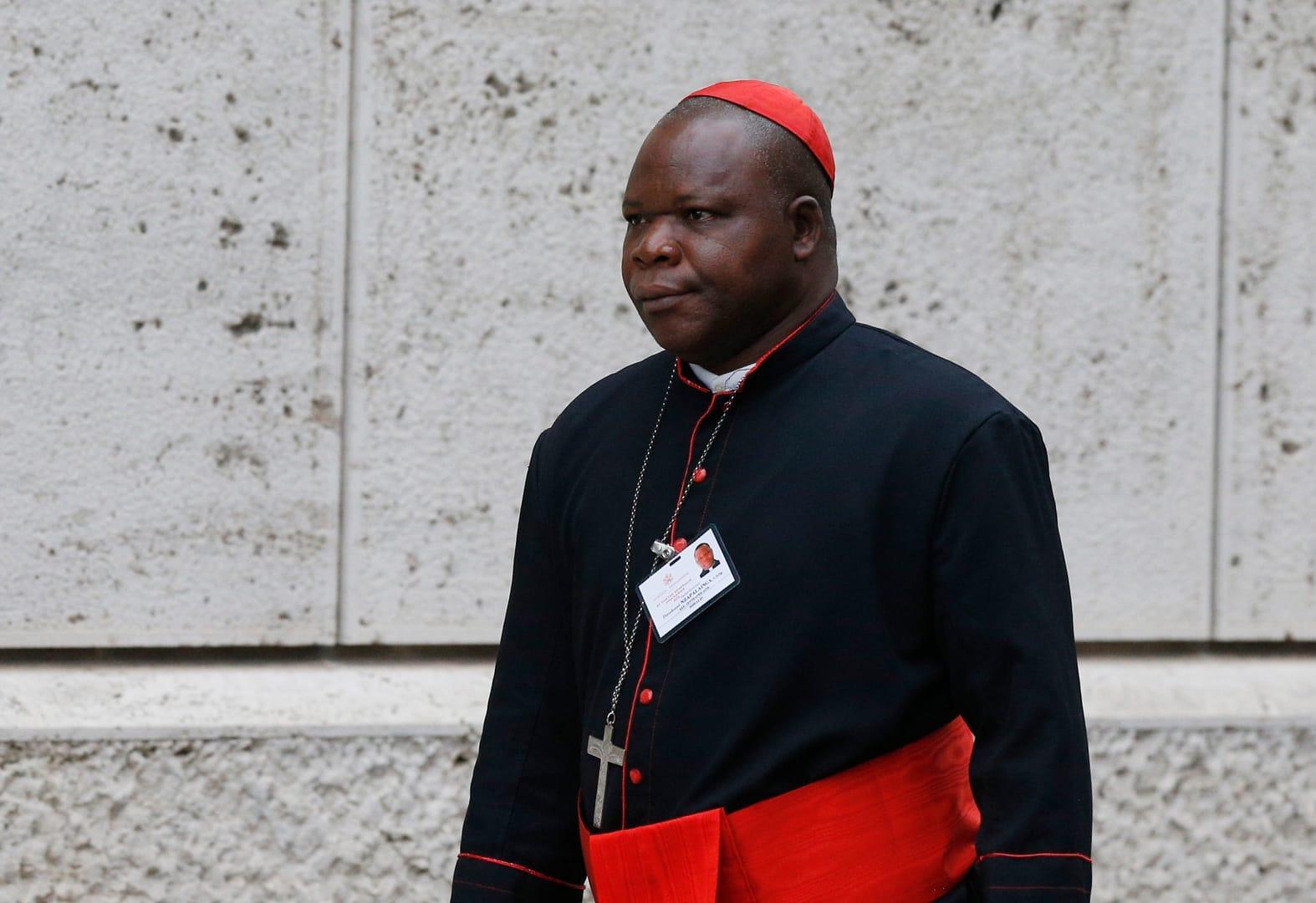YAOUNDÈ, Cameroon – A leading Catholic prelate is warning that Russia’s growing involvement in the Central African Republic is an effort to exploit the company’s natural resources.
The country went into crisis in 2013 following the overthrow of President Francois Bozize –a Christian from the South – by a Muslim rebel group known as Seleka. A pro-Christian group called the anti-Balaka rose in opposition to the Seleka, eventually driving them from the capital.
However, the groups continue to fight each other to this day, and the central government has little control of the country outside of the capital, Bangui.
Authorities in Bangui have welcomed Russia as a preferred ally in its war against insurgents, using Russian mercenaries to help give the government a veneer of stability.
Russia has also provided the regime with AK47s, sniper rifles, machine guns and grenade launchers to help the CAR fight off marauding rebels.
But the former archbishop of Bangui, Cardinal Dieudonne Nzapalainga, said he believes the Russians, just like other European powers, are there only for one reason: To exploit the country’s wealth.
In a wide-ranging interview with Jeune Afrique, the cardinal admitted that without Russian assistance, “President [Faustin-Archange] Touadéra and his government would probably have been overthrown in December 2020.”
But he said Moscow also has more sinister aims.
“It was only supposed to be a few weapons and instructors, but when the Russians arrived, they saw the state of chaos in which our country is and thought that they could also do business, set up companies, buy raw materials, exploit mines… They came. They saw. They took advantage,” Nzapalainga told the magazine.
But the presence of Russian forces is just part of the problem. There are also Russian mercenaries managed by private security firm, the paramilitary Wagner Group. In October 2017, the CAR president was in Russia where he signed a number of security agreements.
Russia would give the CAR military support in exchange for access to the CAR’s diamond, gold and uranium deposits. It was within the ambit of these agreements that the Wagner Group gained a foothold in the CAR.
But its presence has been linked to gross rights violations. The UN says it documented over 500 incidents of abuse such as extrajudicial killings, acts of torture and sexual violence in 2020 alone.
“We must react, condemn, and do everything possible to prevent the exactions that affect civilian populations,” Nzapalainga said.
“In reality, the question that arises in the Central African Republic with Wagner is the broader question of private warfare. It is and has been an issue elsewhere in the world. As in Iraq a few years ago with the Americans, we now have mercenaries sent to the Central African Republic with the approval of the Russian Federation. They are not choirboys. Yes, they saved the government and restored a semblance of free movement in some places. But let’s stop saying that these mercenaries are fighting to protect the people. They are not: They are fighting for selfish economic interests. On our territory, a superpower conflict is taking place, which has the consequence of taking the population hostage,” he said.
“The Central African Republic is not a jungle or a wild west for the great powers. Human rights are not just for Europe, they are also for us,” the prelate said.
“Russia has become the Central African Republic’s preferred ally in its battle with insurgents. But the government’s use of Russian mercenaries as it goes on the offensive is causing domestic divisions and alienating other external partners. Concerns about rights abuses and misinformation campaigns are mounting,” he added.
The failure of the country’s leaders and the opposition to come to terms in the interest of peace is also causing the cardinal discomfort.
In February 2019 in the Sudanese capital, Khartoum, the CAR government signed a peace deal with 14 rebel groups promising to integrate some armed group fighters into the regular army and their leaders into government. But the peace deal has come unglued as fighting continues in several parts of the country.
Nzapalainga said the failure of the peace agreement results from the insincerity of the signatories.
“In Khartoum, some people came to dialogue with hidden agendas. They signed up for peace, but their hearts were not in it. They were not thinking about the development of the country, about the end of suffering and misery. When you look at the state of decay in the Central African Republic, you would expect this to provoke a patriotic upsurge, but that is not the case,” he said.
However, the cardinal said he remains hopeful that peace will eventually return to the CAR.
“I remain convinced that in everyone’s heart there is the power to bring about change,” he said. “I have to believe in it and be present to look for that strength in people that will allow us to build ourselves up, to put aside our egoisms and to stop self-destructing.”













